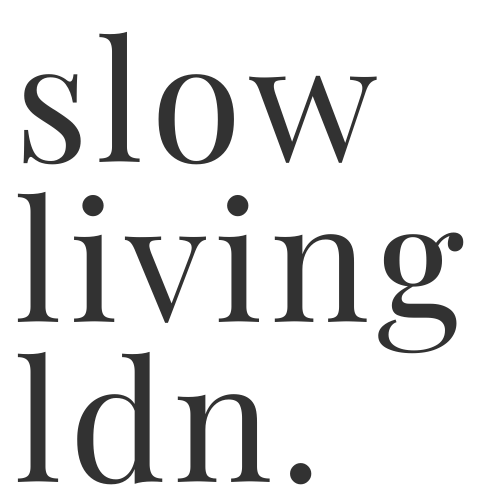You have no items in your cart. Want to get some nice things?
Go shopping
In a thought-provoking Girlboss Radio podcast, Luvvie Ajayi, author, speaker and digital strategist, revealed an interesting conversation she had on the mythical concept of work-life balance with Thasunda Duckett, CEO of Consumer Banking at JPMorgan Chase. Thasunda told Luvvie how she viewed life as a portfolio that you put 100% of your assets (your time and energy) into. When she asked Luvvie to state how much of her life she spends working, Luvvie answered 80%, leaving just 20% for friends, family, self-care and everything in between. According to Thasunda, Luvvie and those who would give a similar response, need to diversify their portfolio. Investors wouldn’t put the majority of their money in one single place, because if the market goes down, you’re only left with 20% of what you put in. So, why should we?
This interesting analogy reminds us that too much of the same thing all the time can come at a cost. But, can we ever strike the perfect work-life balance? Or, is achieving it a myth?
Work-Life Balance: A Flawed Concept?
Setting Ourselves Up For Failure
Balanced means equal. In this sense, we should be spending 50% of our time working and 50% of our time doing everything else, which would be to chase an unattainable ideal. What’s more, this idea of equal parts suggests that to be living well, the 50:50 ratio needs to be maintained.
But, our relationship with work and ‘life’ is never static. At times, the majority of our energy goes into working and at others, we prioritise our relationships, self-care or hobbies. We can’t predict what life will throw at us and the constant adjustments we will need to make. The assumption that this equal parts split or someone else’s idea of optimal work-life balance is something to work towards, is most likely setting us up for failure from the very beginning.
A Division between Work and Life
To create a clear division between work and ‘life’ is also to suggest that they’re mutually exclusive – when we’re working, we’re not living, and vice versa. We might even have one personality we wear at work, and another outside of the office. Perhaps, those who see their working day as something that eats into their personal life, aren’t lucky enough to have found their true purpose, or be able to pursue it. The old phrase, “if you love what you do, you’ll never work another day in your life”, springs to mind.
Work-Life Integration, Not Balance
One of the thought leaders on the subject of work-life balance, Professor Stew Friedman, has dedicated years of research to the paradox above. In his writing, he stresses the importance of bringing your entire authentic self to work and finding harmony between the four key aspects of life: work, home, community and self.
How? Talking to Forbes, Friedman explains his notion of ‘four-way wins’ as “an action or a different way of thinking that helps you see that what you’re doing is making a positive impact directly, or has a ripple effect” on the four aspects mentioned above. In other words, it’s about work-life integration, not balance, as the improvements we make in our wider lives can benefit our work.
Starting work 30 minutes later because you’ve chosen to do some exercise is a great example. You’ll feel more energised for the working day ahead, you’ll also probably be running on endorphins which will benefit those around you, and you’ll be feeling good about yourself having taken time to care for your body. In conversation with 1 Million for Work Flexibility, Friedman summarises, “My research indicates that if you focus attention on yourself or your family in ways that you expect will have positive, even if indirect, benefits for your business (by being healthier, more energetic, or less cranky, for example), then you’re probably going to see those benefits.”
The idea that work-life balance is something to be strived for, that it brings happiness and success, is a myth. Aiming for a 50:50 work-life balance is arguably chasing failure – we can’t achieve the perfect balance, only better integration. The demands on our time will always fluctuate and separating our career from everything else negates that it’s a core part of our lives. And, crucially, each person’s perception of the perfect balance will be different. Of course, in today’s digital era, switching off from work is increasingly important, but trying to constantly compartmentalise it is exhausting. Instead, Friedman’s method of making small tweaks and improvements that affect all areas of our lives directly or indirectly, is worth some thought.
More inspiration on work-life balance:
